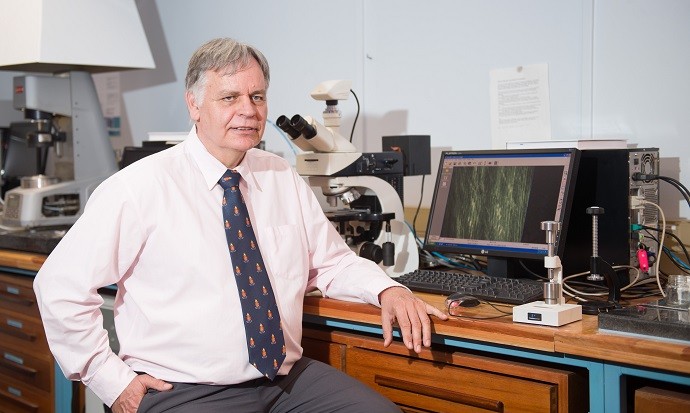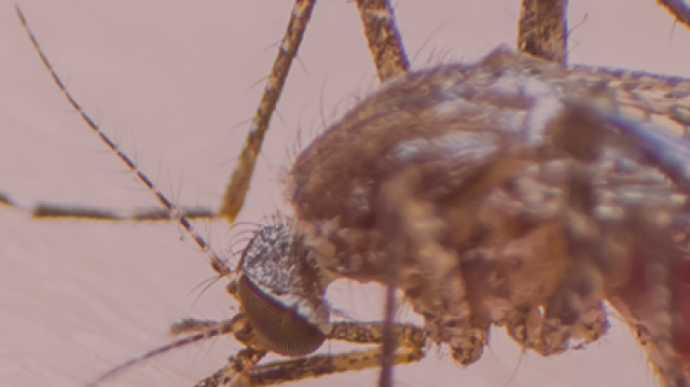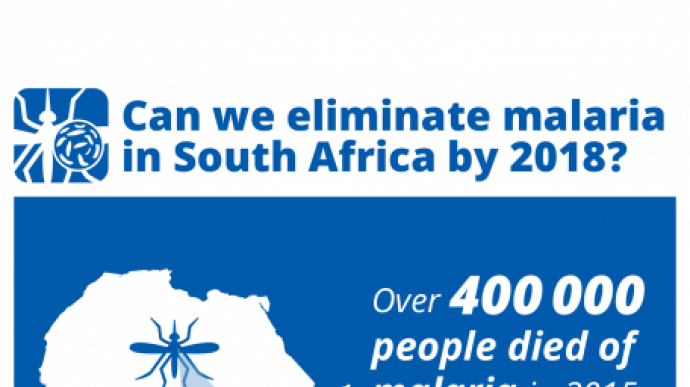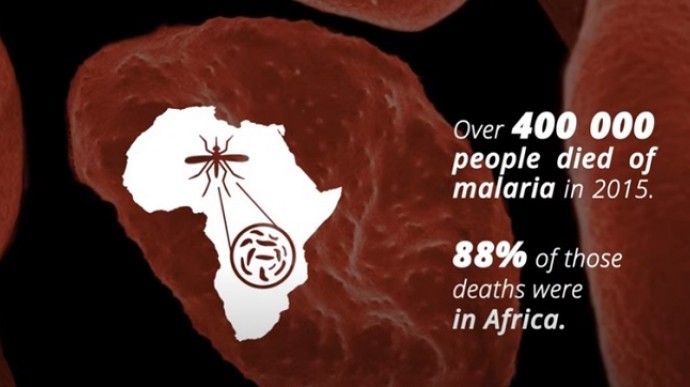
Professor Focke holds BEng and MEng degrees from the University of Pretoria (UP) and a PhD from the Massachusetts Institute of Technology. In 1997, he joined UP, where he is Director of the Institute of Applied Materials.
Prof Focke says that there are ample opportunities to engage in multidisciplinary research at UP. “The Institute for Sustainable Malaria Control is an excellent example of a vehicle that makes this possible,” he says. “It brings together medical researchers, scientists, engineers, entomologists, economists, artists and so forth, allowing them to collaborate to achieve a common goal – the elimination of malaria.”
Prof Focke’s current research interest is push-pull insect control, with a focus on controlled release devices for attractants and repellents.
His earlier materials research centred on chemical and polymer technology, while his carbon technology research explored the use of graphite in energy applications and as a flame-retardant additive for plastics. Work on clay and polymer additive technology was targeted towards additive applications in polymers in order to improve thermo-oxidative stability and flame retardancy, to facilitate the controlled release of actives, especially for malaria vector control and to modulate moisture transmission through polymer films. The objective of his pyrotechnics research was to develop “green” compositions for use as time delays and to initiate compositions in chemical mine detonators.
Within his academic discipline, Prof Focke works mainly on controlled release devices to enable malaria vector control and push-pull insect control in agriculture. Cross-faculty, the malaria vector control activities involve researchers from several departments and faculties.
Prof Focke’s field of research contributes to the betterment of the world because eliminating malaria will reduce suffering in sub-Saharan Africa and improve public health. He adds that push-pull insect control holds the promise of more sustainable agricultural practices.
A recent highlight for the professor was the development of bicomponent fibre technology, which enables active textiles. Dr Mthokosizi Sibanda, who was the main driver of this technological development, established African Chemicals, a high-technology business, to exploit this intellectual property. African Chemicals is developing various textile-based products with insecticidal or insect repellence properties.
Prof Focke was prompted to determine whether the Institute for Sustainable Malaria Control could help to reduce the burden of malaria by applying chemical engineering principles to malaria vector control after both his son-in-law and one of his grandchildren were admitted to intensive care upon contracting malaria.
His research matters, he says, because it aims to address real-world problems and, in the process, train high-level men and women who can contribute to the economic development of South Africa.
His advice to school learners or undergraduates who are interested in his field is to find an area that interests and excites them, as that is the secret to a successful career.
In his free time, Prof Focke enjoys walking in the veld with his dogs, collecting rocks and taking pictures of wildflowers.
 Stories
Stories
Malaria is a complex disease that has devastated Africa and parts of South Africa. Researchers at the University of Pretoria Institute for Sustainable Malaria Control are combining research disciplines to understand and control malaria.
 Infographic
Infographic
Malaria is a complex disease that has devastated Africa and parts of South Africa. Researchers at the University of Pretoria Institute for Sustainable Malaria Control are combining research disciplines to understand and control malaria.
 Video
Video
Malaria is a complex disease that has devastated Africa and parts of South Africa. Researchers at the University of Pretoria Institute for Sustainable Malaria Control are combining research disciplines to understand and control malaria.
Copyright © University of Pretoria 2025. All rights reserved.
Get Social With Us
Download the UP Mobile App